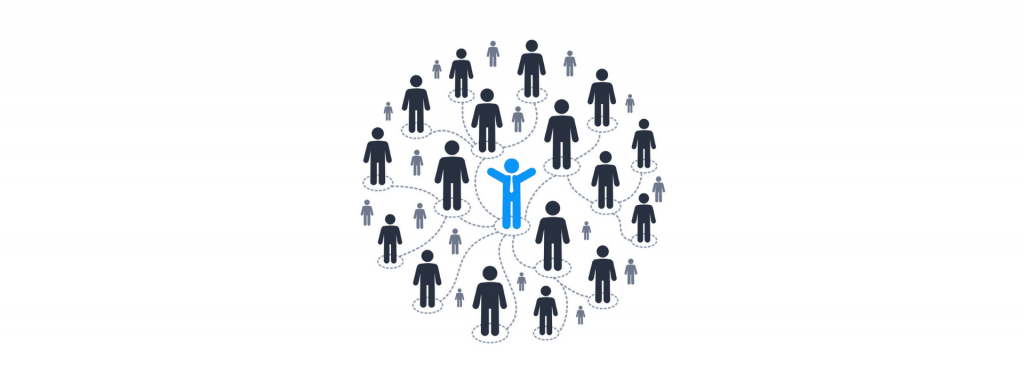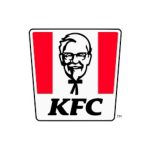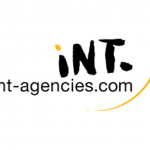by Greg Paull, Co-founder & Principal, R3
The rapid push toward integration and growing fragmentation of the marketing and media landscape has significantly altered the client-agency relationship working model.
From the race to eliminate costs, to changing agency compensation models, and building in-house agencies, marketers are taking different approaches to address inefficiencies that affect their overall bottomlines.
Even amongst all the change and uncertainty, there are many global players who are getting it right.
In our work with global CMOs, four methods for best practice stand out — a willingness to explore new models, ensuring face time between agency and client, investment in digital platforms and services, and ensuring that benchmarks are set and evaluations are scheduled.
These practices impact both day-to-day interactions and long-term strategies, both of which must be in any CMO’s playbook.
Look to New Models
Successful global marketers like P&G, Coca-Cola, and Unilever share one thing in common: they continue to evolve.
They still keep their client-agency marriages fresh. Whether it’s outcome-based compensation, IMC innovation, or the brand agency leader model, the best brands trust their lead agency to manage others and drive business, with some resulting in very long relationships.
There is no silver bullet for finding the right agency model. It comes along with trying new things to see what works and what doesn’t.
The answer will be different for every CMO, and even successful agency models will still have major challenges for both parties.
Face Time Matters
The best global relationships are not conducted solely through email and PowerPoint.
Whether it’s through the use of technology or through physical presence, getting people together can make all the difference in the world. Some marketers fix these times quarterly, others on a key project basis.
Raja Rajamannar of Mastercard revealed that he includes the brand’s agency partners in all strategy meetings.
Each CMO needs to find the right cadence and make it work.
In the best global relationships, both sides spend time to become immersed in the other.
For an agency, this could be joining the sales team for a supermarket run, or it could mean working in the store, or even just becoming an active consumer of the client’s products and/or services.
For a client, this also needs to happen; attending the agency’s office to listen to work, understanding new developments, and becoming an advocate for them. The result will be a stronger foundation.
Take Digital Seriously
The technology available to today’s marketing teams is expansive, sometimes convoluted, and advancing to new heights every day. From the increasingly fragmented (and growing) landscapes of martech and adtech, to the rise of previously exotic sci-fi technologies, like artificial intelligence (AI) and gamification, there are a vast number of tools available to all.
Digital relationships can be a minefield of challenges.
Too many marketers hire digital agencies by the yard, not by the year. As a result, digital agencies, for the most part, usually don’t see the need to invest in strategic planning or analytics since neither side knows how long the relationship will last.
Benchmark and Evaluate
Marketers and agencies should be using external measures, whether it’s tracking research, media audits, 360-degree performance evaluations, or other controls to benchmark where they are in an ever-changing marketplace. It doesn’t have to just be through a pitch.
In R3’s consulting experience, we have seen one client that audits their agency every year — and seven years later, there’s still been no pitch. While the relationship is not totally perfect, there’s a lot of continuity and consistency.
There will always be problems that need solving and coming across new pain-points along the way. However, to ensure that each stakeholder is getting the most from the relationship, there needs to be a framework put in place to measure success.
It’s safe to say that the rapid speed of digital transformation, coupled with the rise of crowdsourcing networks and questions about transparency, will have an effect on client-agency relationships going forward.
Managing a global agency relationship does not come without its challenges. When integrating a large number of stakeholders across business units and geographies, sometimes things can get complicated.
One thing that is certain: agencies are still an integral part of the marketing structure and even with the recent upheaval, that likely won’t change anytime soon.
R3 is a global marketing consultancy, focused on improving the effectiveness and efficiency of marketers and their agencies. Founded in 2002 , it works with eight of the world’s top twenty global marketers, including Unilever, Coca-Cola, AB InBev, Diageo, Samsung, Nestlé, JNJ and General Motors. http://www.rthree.com
You can read more of Greg’s articles here:
MARKETING Magazine is not responsible for the content of external sites.



![FRED & FARID Launches [Ai]magination, a Global AI Production Studio Tailor-Made for Brands, CMOs and Agencies in 2024. ezgif-1-54eb746051](https://marketingmagazine.com.my/wp-content/uploads/2024/01/ezgif-1-54eb746051-150x150.jpg)





